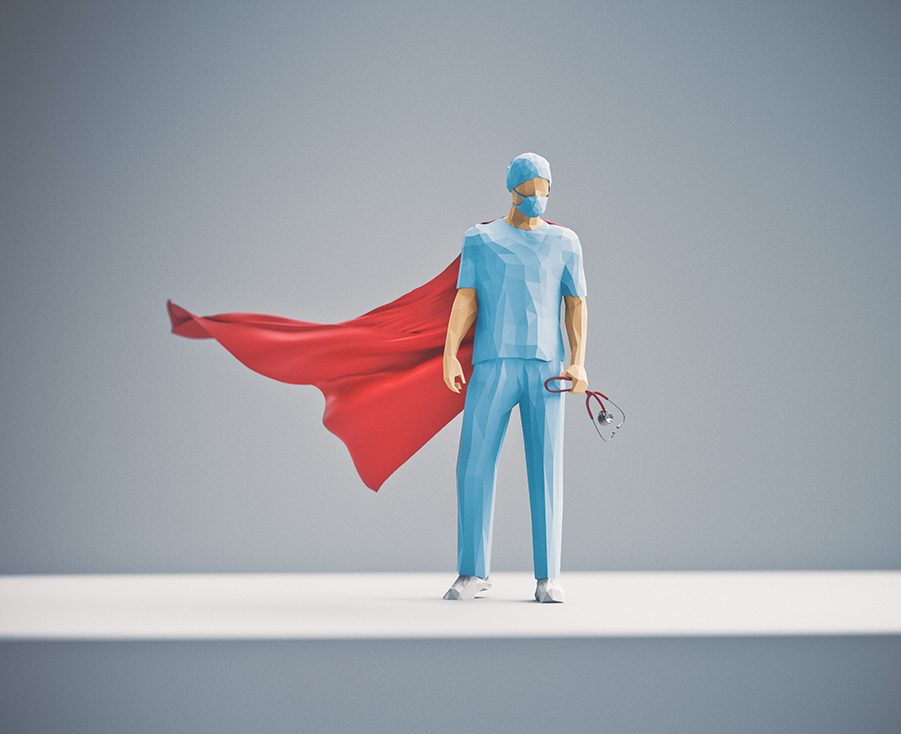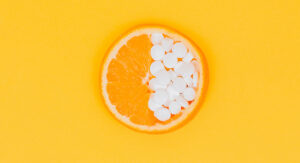Not everyone really knows or understands the significance of certain nutrients that are key for the healthy function of our bodies’ systems. Today I would like to talk about one of my own personal favorites and one that is far more important than most people realize Zinc.
Zinc is one of the most powerful and necessary nutrients for maintaining both mental and physical health. What I plan to share with you today is just a fraction of the more than 250 significant functions and reactions in the human body that require Zinc in order to happen appropriately.
Immune Function
Take a look at the primary ingredients in most over-the-counter cold remedies. You are sure to notice that most cold remedies contain Zinc (heck, several of those remedies have Zinc or the letter Z in the names of their products). This is not by accident. Zinc is extremely important for immune function. Zinc supports the activity of white blood cells. It supports the chemical reactions that are used in those cells ingesting bacteria, as well as the reactions that allow them to digest/eliminate viral particles. We call this process phagocytosis, which is when the white cells engulf a bacteria or a foreign particle. Thus, our ability to, quite literally, stay healthy at the cellular level is heavily dependent on maintaining the appropriate levels of Zinc in our systems. And if you’re deficient in Zinc, then you are simply far more likely to get sick more often.
Wound Repair
Zinc is critical to the physical repair of our bodies. Wound healing is strongly supported by Zinc. If you cut your finger, you’ll notice that the wound is well on its way to closing after a day or two, and eventually, the wound heals such that you may not even see that there was once a cut there. Zinc supports all the cellular repair reactions in your body which make this healing possible. In fact, if you don’t have enough Zinc in your system, wound healing is going to be delayed or slowed.
Taste and Smell
Now, let’s shift to a topic that many of us enjoy (some of us, myself included, enjoy it too much) – that subject is food. However, do we really enjoy the food itself, or do we enjoy the way the food tastes and smells? This may seem like an overly-precise distinction, but it is an important one. Unfortunately, many people who have had injuries or ailments where they have lost their sense of smell or taste often tend to be much slimmer. They will tell you they can no longer distinguish the difference between the taste of foods they like and dislike, so they don’t bother eating much at all. We also see this with some of our senior citizens – they lose that sense of smell or taste as they get older, and they simply don’t eat as much.
Much of our enjoyment of food comes from our ability to smell and taste. Zinc supports the chemical processes that give us the ability to smell and taste. It is critical to our enjoyment of the food we eat. I had a patient accuse our nutrient protocol of facilitating weight gain. I explained to her that, before treatment, a significant Zinc deficiency was impacting her ability to taste, and thus her enjoyment of food. Once the Zinc deficiency was corrected, she could actually taste, and enjoy, what she was eating.
Fertility and Reproduction
Zinc is key in the fertility and reproductive process. Firstly, many foods that are typically thought of as aphrodisiacs, such as oysters, are high in Zinc concentration. Therefore, it stands to reason that foods that are high in Zinc might get us in a “reproductive” mood.
However, Zinc’s role in the reproductive process extends far beyond stimulating libido. We’ve all seen or know couples who seem to only be able to have daughters. They may keep trying to get pregnant several times in hopes of having a boy, but three, four, five times in a row – it’s a girl! Sometimes, if you dig a little deeper, you find out that mom was actually pregnant several more times. Unfortunately, she had miscarriages. It requires a great deal of Zinc in order to develop and carry a male child to term. So, if the mom is deficient in Zinc, she may be more likely to miscarry potential male offspring. Many times, women who are low in Zinc will not even know they are pregnant and miscarry a male child early in the pregnancy.
Zinc impacts the reproductive health of men as well. The sperm’s ability to travel – to move to reach the female’s egg – requires Zinc. That sperm tail is kind of like a little motor, and that motor, that tail moving back and forth, runs on enzymes that Zinc activates to create that movement. In both men and women and on all sides of the reproductive equation, Zinc plays a critical role.
Physical Appearance
The trillion-dollar beauty industry cares a great deal about Zinc. Why, you may ask? Because Zinc plays a critical role in healthy hair, skin, and nails. If you don’t have enough Zinc in your system, hair can fall out, skin can be dry and wrinkled, and nails can be thin and brittle. Good Zinc concentration in the body – lovely hair; good Zinc in the system – great skin; good Zinc in the system – strong nails.
Zinc does not just impact the growth of hair, nails, and skin; it impacts overall physical growth as well. Children use a tremendous amount of Zinc for physical growth. If children are deficient in Zinc, they may not grow quite as fast or quite as much as they really should. I know that some of you are thinking, “… height is genetically determined and everyone in my family is over 6 feet tall and blah, blah, blah.” However, scientific studies have demonstrated that indigenous pygmy populations, who are typically short in stature, live in regions where there is no Zinc present in the soil. Further, when Zinc supplementation was added to the diets of Pygmy children, they grew taller than their parents.
So we now know that Zinc is indeed a very powerful and necessary agent for proper growth. We have similarly begun to understand that Zinc can play a crucial role in slowing the aging process. Our DNA is constantly being ripped apart and put back together. Aging happens when some of our DNA doesn’t get repaired very well. Some enzymes repair the DNA that allow your skin and other parts of your body to maintain their youthful integrity. Once again, Zinc is a necessary part of those enzymatic processes.
Cognitive Concerns
Our primary focus at Mensah Medical is treating cognitive disorders, and Zinc plays a critical role in the work that we do as well. Anxiety and depression have always been significant mental health concerns, and this is especially the case after the stressors caused by the pandemic of the past two years. Surprisingly, even though they seem like opposite conditions, a deficiency in Zinc can make you both anxious and/or depressed. This is because Zinc is important in the production of neurotransmitters that have an impact on both conditions.
Zinc is necessary to produce GABA, or gamma-aminobutyric acid, a calming neurotransmitter. If you are deficient in GABA, then you are more likely to become excitable. Especially if you have high levels of copper in your system, and thus you have a lot of dopamine that gets turned into adrenaline, you need the calming agent to balance that adrenaline spike. If you are Zinc deficient, then you are most likely also going to be GABA deficient, and therefore prone to anxiety. On the other hand, what about depression? Well, if you don’t have enough zinc in your system, you can’t make serotonin, which is your happy neurotransmitter.
Again, I have only shared a handful of the hundreds of ways in which Zinc is critical to our health and well-being. Immune health, healing our cuts and bruises, tasting and smelling (and enjoying) food, fertility, slowing the aging process, overcoming cognitive challenges, and the list goes on and on. Zinc is very powerful, perhaps one of the most important nutrients in our bodies today. If I were to create a comic book superhero, he (or she) just might have to have a giant Z on their chest.



